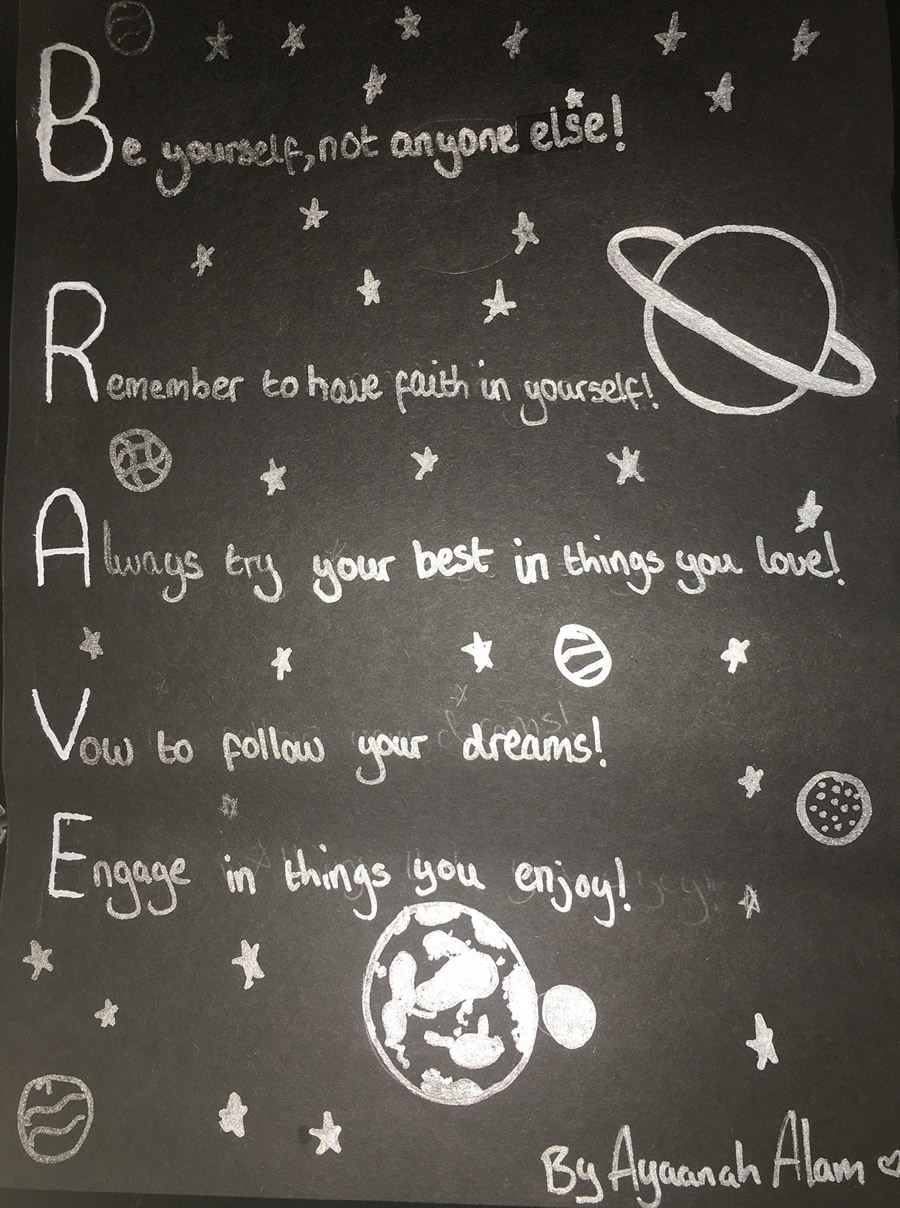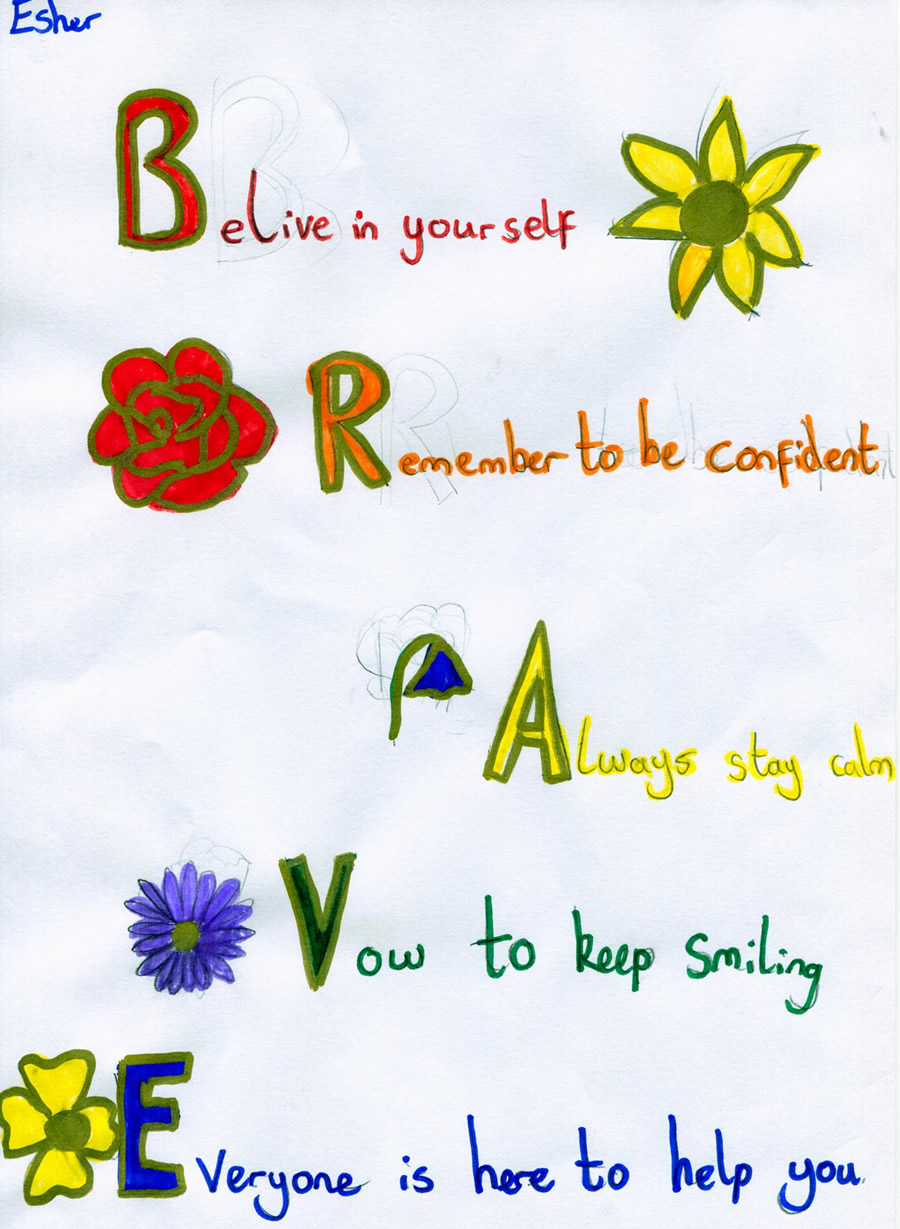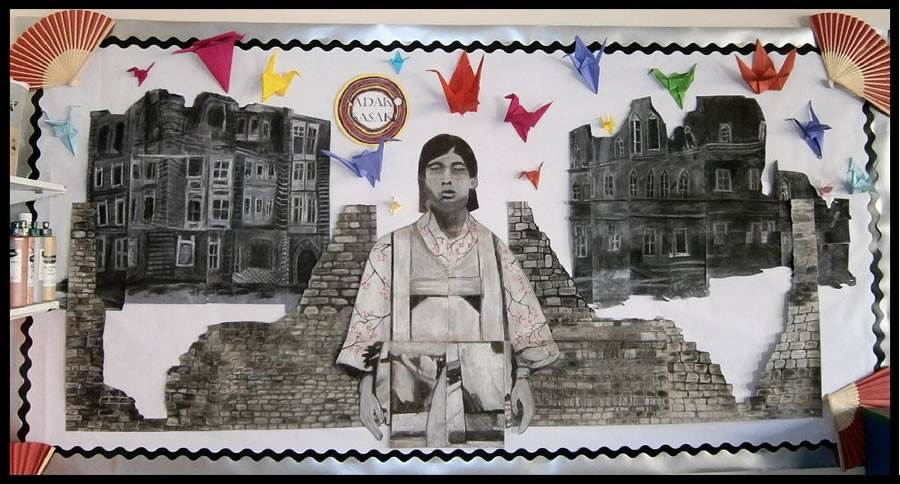
PSHE
Personal, Social, and Health Education
Also see Eastcourt's
Relationship and Sex Education (RSE) Policy
Intent
PSHE helps pupils to develop the knowledge, skills and attributes they need to manage life’s challenges and make the most of life’s opportunities, helping them to flourish.
PSHE at Eastcourt is a school subject through which pupils develop the knowledge, skills and attributes they need to keep themselves healthy and safe, and prepared for life and work. Well-delivered PSHE programmes have an impact on both academic and non-academic outcomes for pupils.
We aim for a high quality PSHE curriculum which develops skills and attributes such as resilience, self-esteem, risk management, team working and critical thinking in the context of three core themes: health and wellbeing, relationships and living in the wider world (including economic wellbeing).
Our curriculum has been adapted to ensure opportunities for all learners are equal, irrespective of SEN, gender, ethnicity, background or beliefs. We aim to do this by placing a greater focus on practical role-play scenarios where children have the opportunity to develop their language acquisition skills. This helps us to focus on real-life experiences and understanding of different social scenarios which ensures all learners have an equal chance to succeed.
Implementation
We use the PSHE Association curriculum, which has been amended to meet the specific needs of our children. In Reception, PSHE is taught as parts of the ‘Personal, Social and Emotional Development’ and the ‘Understanding the World’ aspects of the curriculum. Our curriculum is delivered through whole class, small group and 1:1 learning with a mixture of adult-led learning and some child-initiated learning with sustained shared thinking.
Across the rest of the school, PSHE is taught as a subject in its own right but also alongside Art, History, Design and Technology etc. This is a deliberate decision in response to the teachers’ views as well as the high priority we place on deepening knowledge. In order for children to be excited and inspired, it is important to us that they are fully immersed in the learning and can make links to other knowledge acquired – within PSHE and across the curriculum, rather than seeing learning in isolation. The timetabling of PSHE is flexible, depending on the topic-learning journey. However, the timings average to approximately 1 hour per week. This ensures breadth and depth of knowledge and secure knowledge retention and skills progression.
Our curriculum focuses upon the three strands: relationships; living in the wider world; and health and well-being. These focuses are re-visited each year as part of a spiral curriculum. Each year, we aim to build upon current skills, ensuring it is age appropriate and relevant to the needs of our children. As a school, we actively seek opportunities to enrich our curriculum with real-life experiences and scenarios. We have invited a range of guest speakers, such as local police, councillors, and other important members of our community who help to bring our learning to life. We are always actively looking for new and inspiring experiences which can enhance our PSHE provision.
Impact
Personal, Social and Health Education (PSHE) enables our children to become healthy, independent and responsible members of society. It aims to help them understand how they are developing personally and socially, and tackles many of the moral, social and cultural issues that are part of growing up. We strive to provide our children with learning opportunities across and beyond the curriculum, in specific lessons, circle time, special school projects and other activities that enrich pupils’ experiences. It allows pupils to learn about rights and responsibilities and appreciate what it means to be a member of a diverse society. Our children are encouraged to develop their sense of self-worth by playing a positive role in contributing to school life and the wider community. At Eastcourt PSHE supports many of the principles of safeguarding and is closely linked to the school’s safeguarding, SMSC and British Values Policies.
Personal, Social, Health Education is central to our curriculum; it helps children grow and develop as individuals and as members of families and communities. Through PSHE, pupils will have the knowledge, understanding, skills and attitudes they need to lead confident, healthy, independent lives, and to become informed, active and responsible citizens. Pupils are encouraged to take part in a wide range of activities and experiences across and beyond the curriculum, contributing fully to the life of their school and communities. They reflect on their experiences and understand how they are developing personally and socially, tackling many of the spiritual, moral, social and cultural issues that are part of growing up. They learn to understand and respect our common humanity, diversity and differences so that they can go on to form the effective, fulfilling relationships that are an essential part of life and learning.
The personal and social development of pupils underpins our curriculum. Through a carefully planned programme, supported by all who work in or with the school, we want children to leave Eastcourt ready for the transition into secondary school and adult life. Our framework for PSHE embeds the three strands – health and wellbeing, relationships and living in the wider world, as well as the statutory aspects of the Relationships and Sex Education and Health Education guidance.

R.E.
Intent
Religious education has a unique place in the curriculum of Eastcourt. It is neither a core nor a foundation subject; the 1988 Education Act states that ‘Religious Education has equal standing in relation to core subjects of the National Curriculum in that it is compulsory for all registered pupils’.
Through our Religious Education curriculum we aim:
- to engage pupils in enquiring into and exploring questions arising from the study of religion and belief, so as to promote their personal, spiritual, moral, social and cultural development.
- to provide learners with knowledge and understanding of principal religious traditions and beliefs represented in Great Britain.
- to develop their understanding of the ways in which beliefs influence people in their behaviour, practices and outlook.
- to enable learners to apply the insights of the principal religious traditions to their own search for identity and significance.
- to enable learners to become aware of their own beliefs and values and to have a positive attitude towards the search for meaning and purpose in life.
- to encourage learners to develop a positive attitude towards other people who hold religious beliefs different from their own.
RE plays an important role, along with all other curriculum areas, particularly PSHE, in promoting social awareness and understanding in our children. We encourage our pupils to ask questions about the world and to reflect on their own beliefs, values and experiences. We include and promote British values, ensuring that children are aware of their rights and responsibilities as UK citizens. Our curriculum is designed to encourage creativity, imagination, enquiry, debate, discussion and independence.
Implementation
We consider the following religions:
- Christianity
- Islam
- Judaism
- Hinduism
- Buddhism
- Sikhism
There are no presumptions made as to the religious backgrounds and beliefs and values of the children and the staff.
We value the religious background of all members of the school community and hope that this will encourage individuals to share their own experiences with others freely. All religions and their communities are treated with respect and sensitivity and we value the links, which are, and can be made between home, school, and a faith community.
We acknowledge that each religion studied can contribute to the education of all our pupils. We promote teaching in Religious Education that stresses open enquiry and first-hand experiences wherever possible.
Legal requirements for Religious Education:
Religious Education is a statutory subject of the curriculum for all pupils in each year group and ‘should be provided for all registered pupils except those withdrawn at the request of their parents.’ (s 71 SSFA 1998)
Parents have the right to request that their son or daughter be excused from all or part of the RE provided at school.
Religious Education is generally taught on a weekly basis, but is sometimes delivered through a class topic.
Lessons are planned and delivered in a variety of ways ensuring that all children can access and participate. Interactive, practical activities encourage the children to discuss their ideas and extend their understanding of challenging questions.
Impact
Religious Education develops pupils’…
- knowledge and understanding of, and their ability to respond to principal world religions, religious traditions and world views;
- understanding and respect for different religions, beliefs, values and traditions through exploring issues within and between faiths;
- understanding of the influence of faith and belief on individuals, societies, communities and cultures;
- skills of enquiry and response through the use of religious vocabulary, questioning and empathy;
- skills of reflection, expression, application, analysis and evaluation of beliefs, values and practices, and the communication of personal responses to these.
Religious Education encourages pupils to…
- consider challenging questions of the meaning and purpose of life; beliefs about God, the self and the nature of reality, issues of right and wrong and what it means to be human;
- understand the influence of religion on individuals, families, communities and cultures;
- learn from different religions, beliefs, values and traditions while exploring questions of meaning and their own beliefs;
- learn about religious and ethical teaching, enabling them to make reasoned and informed responses to religious, moral and social issues;
- develop their sense of identity and belonging, preparing them for life as citizens in a global society;
- develop respect for and sensitivity to others, in particular those whose faiths and beliefs are different from their own.
Religious Education enhances pupils’…
- awareness and understanding of religions and beliefs, teachings, practices and forms of expression;
- ability to reflect on, consider, analyse, interpret and evaluate issues of truth, belief, faith and values and to communicate their responses.
Religious Education offers …
- opportunities for personal reflection and spiritual development


